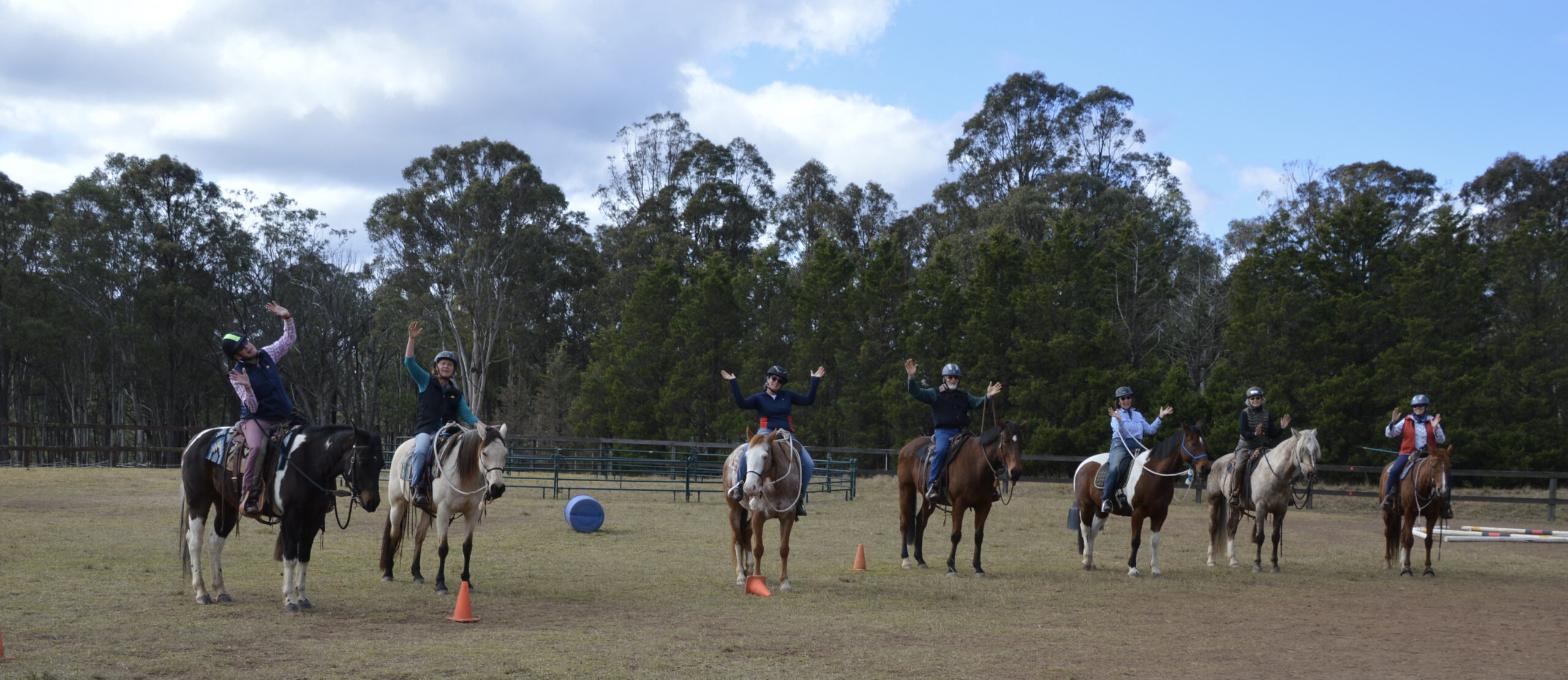FEEDBACK … and our efforts to not take it personally!
It really is a species thing and you will be so pleased to know, it is in fact, not our fault.
Where’s this going?
Well in a recent discussion on horse folks, who the world over are not known for finding common ground, it was observed that in increasing numbers horse owners and lovers are finding agreement that the to the key to success with horses, is directly related to the strength and quality of the horse’s Foundation Training.
In the previous article the 4 steps to a strong foundational base for a horse were recognized as:
- Ground Exercises
- Arena Exercises
- Outside riding and living
- A PURPOSE Sport or Recreation
So let’s explore the first and most important aspect of this Foundation Training Plan’.
GROUND EXERCISES – explained in rather unambiguous terms as
“Quite simply the most effective way to develop a safe, calm and cooperative horse.”
A bold statement for some who are of the old school of “just get on and ride“, so let’s take a closer look as to why ground work may well be the key to and the missing link to really understanding your horse, and most importantly what is required of you in his training.
Firstly if we begin to see that everything a horse does, be it deemed good or bad by us, and then realising that if we were to remove these value judgments and simply call it FEEDBACK perhaps we could look at things through fresh eyes.
Therefore with this new way of looking at old things through fresh eyes we could begin to see in fact, if a horse is difficult to manage on the ground, perhaps there is a message there we could look into more closely.
FEEDBACK such as pushing into you, reluctant or refusing to do as you request such as load into a float or trailer may well be able the invitation to take a different approach and explore this “ ground stuff “ .
Probably a good reminder here not to take it personal!
Therefore it makes real sense to work with the horse on the ground, before we climb on his back, in essence to change the way he perceives you and your requests.
There is no getting away from the fact that horses are wired by nature very differently to us humans.
What is important to us as a predator species is at complete odds with what is important to a horse as a member of a prey animal species.
Human nature is driven and motivated by ambition, timelines and outcomes which is at odds with what is primal and important to a prey animal such as a horse.
It is often our very human tendencies that inadvertently bring up the defense and survival mechanisms of a horse, who by contrast lives in the moment and whose primary motivation in life is to feel safe and comfortable.
For horses in every waking moment they are aware that they are the evolutionary target and food source for predator species, hardly surprising then that both safety and comfort are what is most important from their point of view.
This evolutionary reality seems to be the key information that is often not considered as the root cause when discussions begin about horse behavioural problems and how to fix them.
So if in fact horses are wired by mother nature to be skeptical about us in general, so to ignore the benefits of ground exercises and to get straight on their back would, from their point of view at least, be somewhat presumptuous and invasive of their comfort and safety and small wonder they often resist and object.
The good news is by starting on the ground we can start to overcome these species specific challenges in a safe and effective way that is the least stressful for both parties involved.
Just like any relationship be it with horses or humans, the key is to make a positive impression in the early stages and have a base line for both parties to return back to in the event of confusions or misunderstandings that are always ever present when working with a horse.
Ground work provides this base line.
The decision to work firstly on the ground with our horse we open up to a whole new level of awareness and the opportunity presents itself to add to, or in some cases, dramatically rewire your whole approach to horse training.
In short, a practical and tangible way how to use psychology and understanding first established on the ground, in fact if you like, neutral ground whereby both parties can get to know and understand each other better.
You know it will probably not win you a gold medal but by knowing how to have your horse willingly and happily yield easily his hindquarters, forequarters, back up, come forward, travel easily in a requested direction and speed does, from the horse’s point of view ,demonstrate that he is now calm, happy, and confident in your company.
What is that worth?
To learn more about the latest in cutting edge horse behaviour, training strategies that are now beginning to filter into nearly all facets of the horse world, be they destined for a competitive career or simply as a trusted trail companion.
Contact the Parelli Centre Australia Wilton on 02 46309677 to find out more about upcoming demos, workshops, 2 Day clinics and 5+ Day courses.
By: Neil Pye




